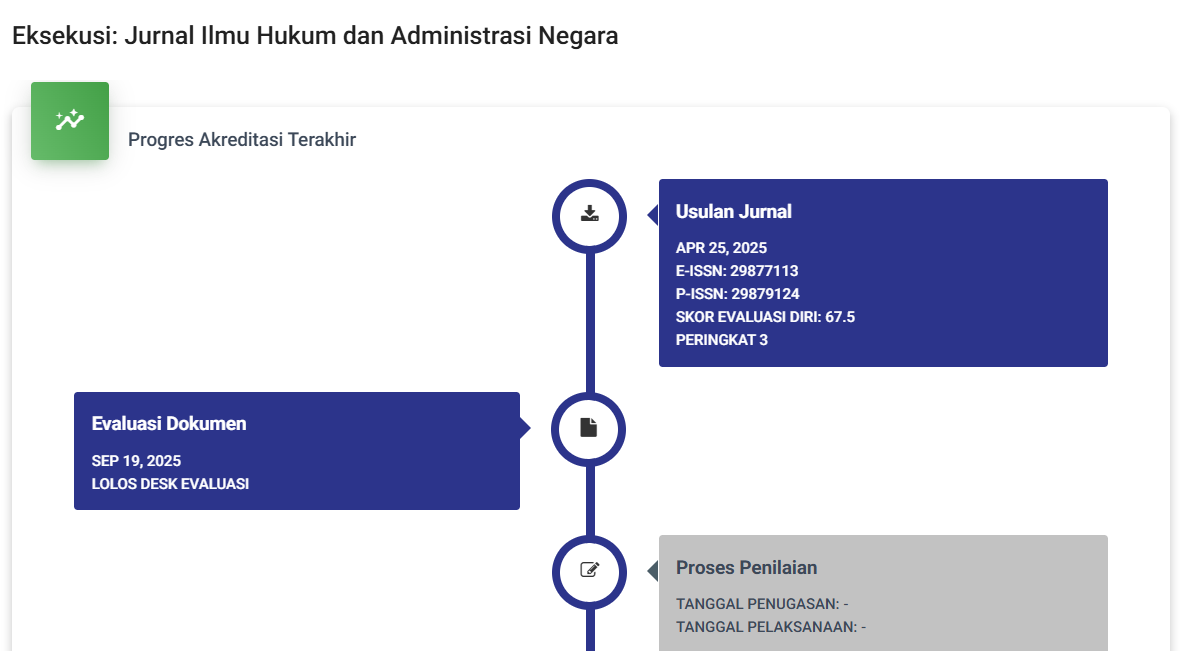Asas Imparsial dalam Proses Hukum Acara Pidana di Indonesia
DOI:
https://doi.org/10.55606/eksekusi.v2i3.1263Keywords:
Impartiality, Criminal Procedural Law, Equality Berfore The LawAbstract
The principle of impartiality is an important element of criminal procedure law, playing a crucial role in ensuring a fair and impartial judicial process. This article discusses the importance of impartiality in criminal proceedings, both in terms of the concept and the impact of violating the principle in the justice system. The principles of fairness and impartiality require judges and law enforcers to be neutral, and not influenced by external pressure in making decisions. Implementation of the principle of impartiality ensures that every individual is treated equally in the eyes of the law, in accordance with the principle of equality before the law. Violation of this principle can result in injustice, cause harm to the parties involved, and reduce public trust in the justice system. This confirms that the principle of impartiality is not only an ethical norm, but also the foundation of substantive justice in criminal law. Therefore, upholding the principles of fairness in criminal proceedings is crucial to maintaining the integrity and fairness of the justice system in Indonesia. To improve the implementation of the principle of impartiality, various strategic steps need to be taken, such as providing intensive training to judicial officers, strengthening supervisory mechanisms, increasing transparency in the judicial process, and strengthening the enforcement of professional ethics. In addition, active public participation in the judicial process must be encouraged.
References
Aditya, P., & Muhammad, I. (2024). Judisialisasi Politik Dalam Putusan MK Terkait Batas Usia Cawapres Dalam Pilpres 2024. Jurnal Pengawasan Pemilu, 4, 69–92.
Anggun, L. (2022). Perkembangan Kejahatan Tindak Pidana Pencucian Uang Dan Tindak Pidana Terorisme (TPPU Dan TPPT) Di Masa Pandemi Covid-19. Technology and Economics Law Journal, 1(1), 66–81.
Atiqah, D. (2023). Peran hakim dalam mewujudkan asas keadilan, kepastian hukum, dan kemanfaatan putusan. Diakses dari https://pa-purwodadi.go.id/index.php/26-halaman-depan/artikel/358-peran-hakim-dalam-mewujudkan-asas-keadilan-kepastian-hukum-dan-kemanfaatan-putusan
Eleanora, F. N. (2021). Buku Ajar Hukum Acara Pidana. Madza Media.
Herman, Haris, O. K., Hidayat, S., Rizky, A., Abdullah, S. A., Rompo, I., & Odelia, M. R. (2024). Analisis Penerapan Asas Judex Indoneus In Propria Causa Terkait Imparsialitas Hakim Dalam Perkara Tindak Pidana Korupsi. Halu Oleo Legal Research, 6(1), 78–91.
Nengah, A. ni. (2017). Asas Independensi Dan Imparsialitas Hakim Menurut Sistem Peradilan Pidana. Diakses dari https://repository.ub.ac.id/id/eprint/160438/
Purwanto. (2018). Perwujudan Keadilan Dan Keadilan Sosial Dalam Negara Hukum Indonesia: Perjuangan yang Tidak Mudah Dioperasionalkan. JURNAL HUKUM MEDIA BHAKTI.
Sulchan, H. A. (2021). Hukum Acara Pidana Dan Sistem Peradilan Pidana Dalam Praktek Beracara.
Supriyanta. (2008). Demokratisasi Dalam Penegakan Hukum. Wacana Hukum, 7(1), 90–99.
Syahrin, M. A., & Alfikri, A. (2022). Implikasi Putusan Mahkamah Konstitusi Nomor 91/PUU-XVIII Tentang Uji Materi Undang-Undang Nomor 11 Tahun 2020. Jurnal Selat, 9(2), 89–105. https://doi.org/10.31629/selat.v9i2.4188
UU No.48. (2009). Undang-Undang No.48 Tahun 2009 tentang Kekuasaan Kehakiman.
Waliden, I. A. S., Maulida, S. F., & Rachmatulloh, M. A. (2022). Tinjauan Asas Equality Before the Law Terhadap Penegakan Hukum Di Indonesia. Verfassung: Jurnal Hukum Tata Negara, 1(2), 123–142. https://doi.org/10.30762/vjhtn.v1i2.186








